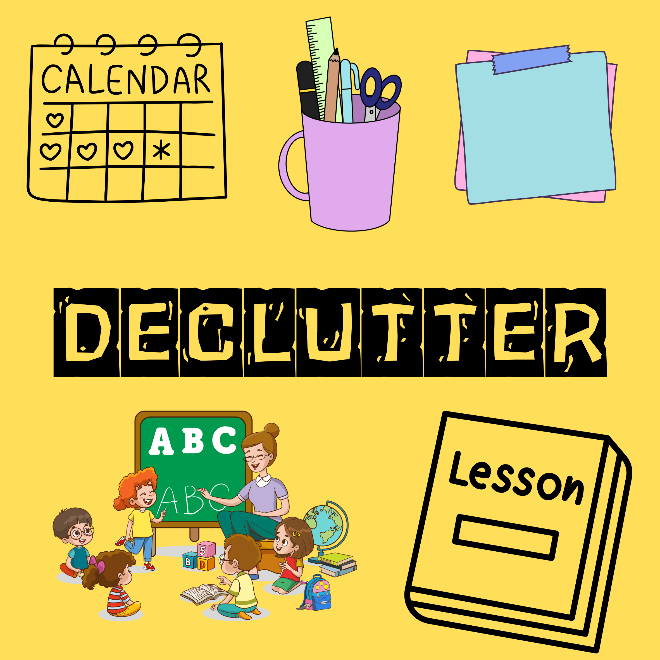February 2nd, 2026
Clintondale Community Schools is a district in Clinton Township, Michigan serving over 3,000 students, roughly 72% of whom come from economically disadvantaged homes. Educators have been working hard to implement programs to help improve the quality of education for all of the district’s students.
Robbie Hall Parker Elementary is one of three elementary schools in the district. The school has always been focused on literacy. The challenge for its students was that often they were speaking their own dialect of English, or a cultural language. In many ways, Standard English was like a second language for them. Standard English is the language used in class and on tests, and the students needed to learn it in order to be successful in school. Educators realized they weren’t meeting all of the student’s needs in language learning, so they turned to GrapeSEED for help in 2011.

GrapeSEED Classroom at Robbie Hall Parker Elementary
Independent research shows GrapeSEED helped Parker Elementary students bridge the gap between their home language and Standard English. After receiving GrapeSEED in their first year of a three-year study, 100% of the Kindergarten students tested scored at grade level or above as measured by the Developmental Reading Assessment (DRA) Text Level and Comprehension Rubric. This had never before happened in the history of the school! In addition, students excelled beyond the sight words and concepts about print national norms set by the National Center for Education Statistics (NCES) study for the U.S. Department of Education. Robbie Hall Parker Elementary continues to use GrapeSEED with great success – the children love it and the teachers are thrilled with the results !

GrapeSEED Students Role Play “The Farmer and the Carrot” from Unit 5
Other programs Clintondale Community Schools has implemented have proven to make the district very successful in other areas as well, including reducing failure rates and instances of disciplinary action. Clintondale High School’s implementation of the “ flipped model ” of education, where students watch videos and lectures at home and use class time for collaboration on assignments and homework, is credited for a drop in failure rates from 30% to just 8%!
Another program, the SSC after-school girls club , has united sixth-grade girls from Rainbow Elementary School in friendship, confidence and strength. Thanks to this program filled with world- and self-exploration activities, the girls had zero instances related to lack of discipline this past school year, down from 36 in the previous year.
The school district recently made headlines again, this time with its “Walk and Talk” program. The program was created “to encourage open communication and healthy lifestyles,” allowing parents to schedule a one hour walk around the high school track with the superintendent, principal or teachers to discuss concerns, ask questions and give feedback.
Congratulations to the students, parents and educators at Clintondale Community Schools for all of your hard work and innovation! You are setting a fine example for high-quality education for schools throughout the state and the entire country. We wish you the best of luck as you continue to improve education for the students of Michigan!





